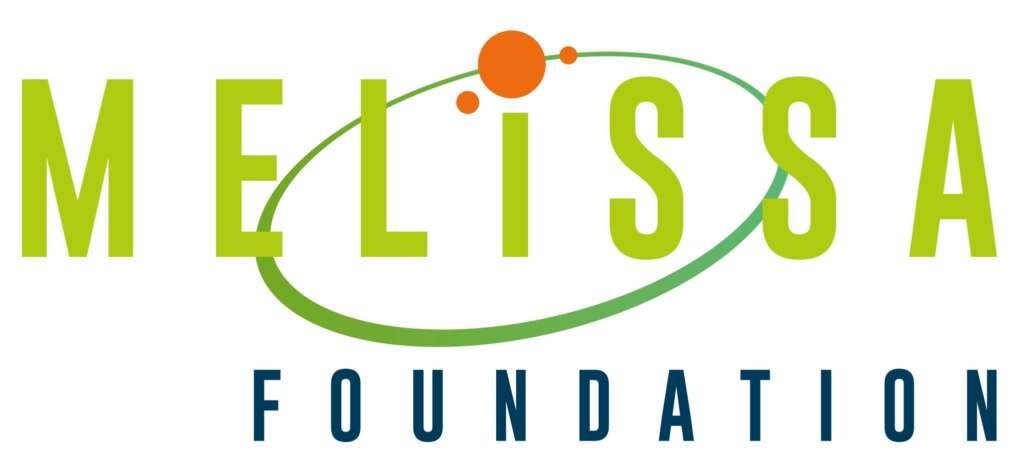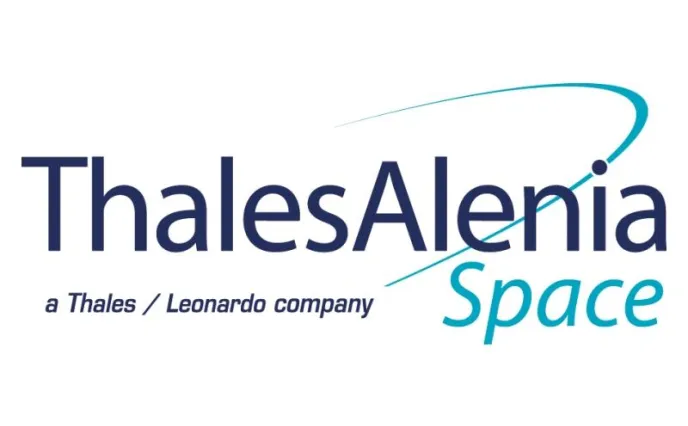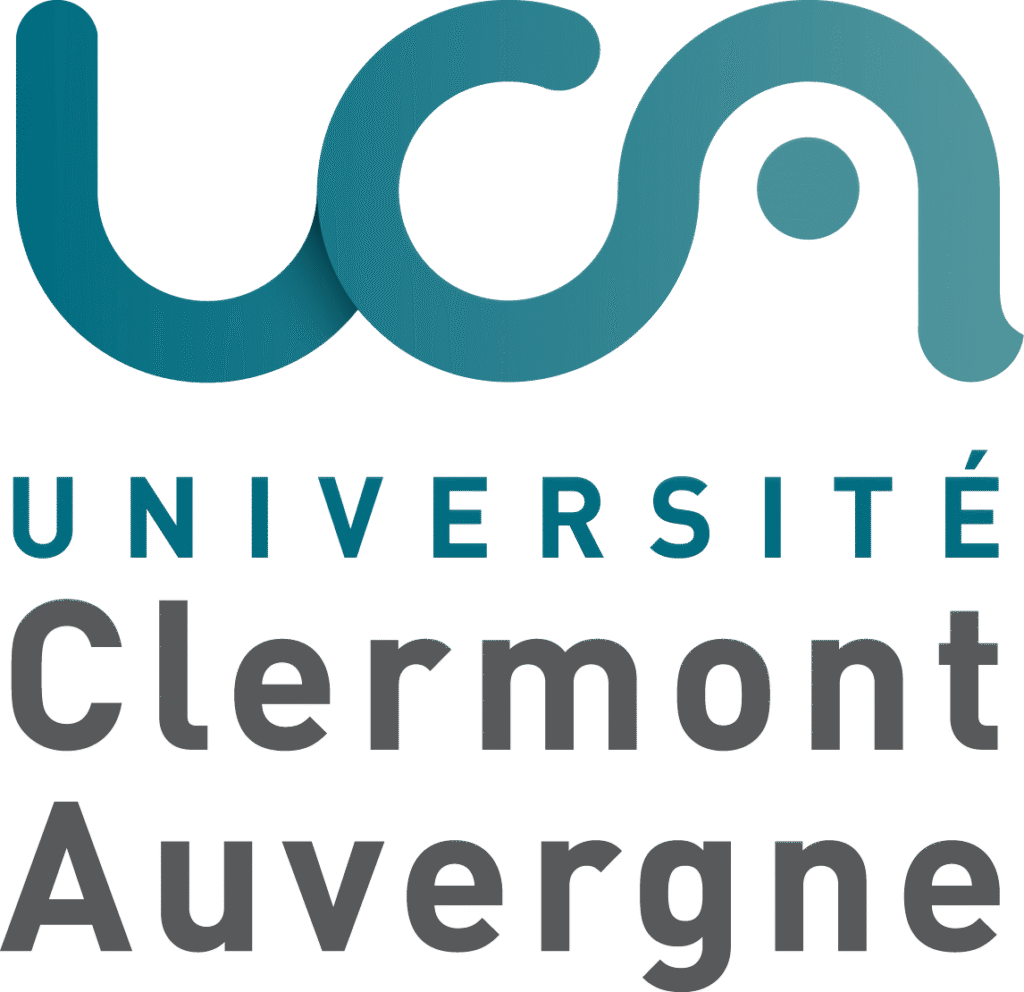2025 MELiSSA Conference
CURRENT AND FUTURE WAYS TO CLOSED LIFE SUPPORT SYSTEMS
October 7-8-9, 2025
Parque de las Ciencias
Granada (Spain)

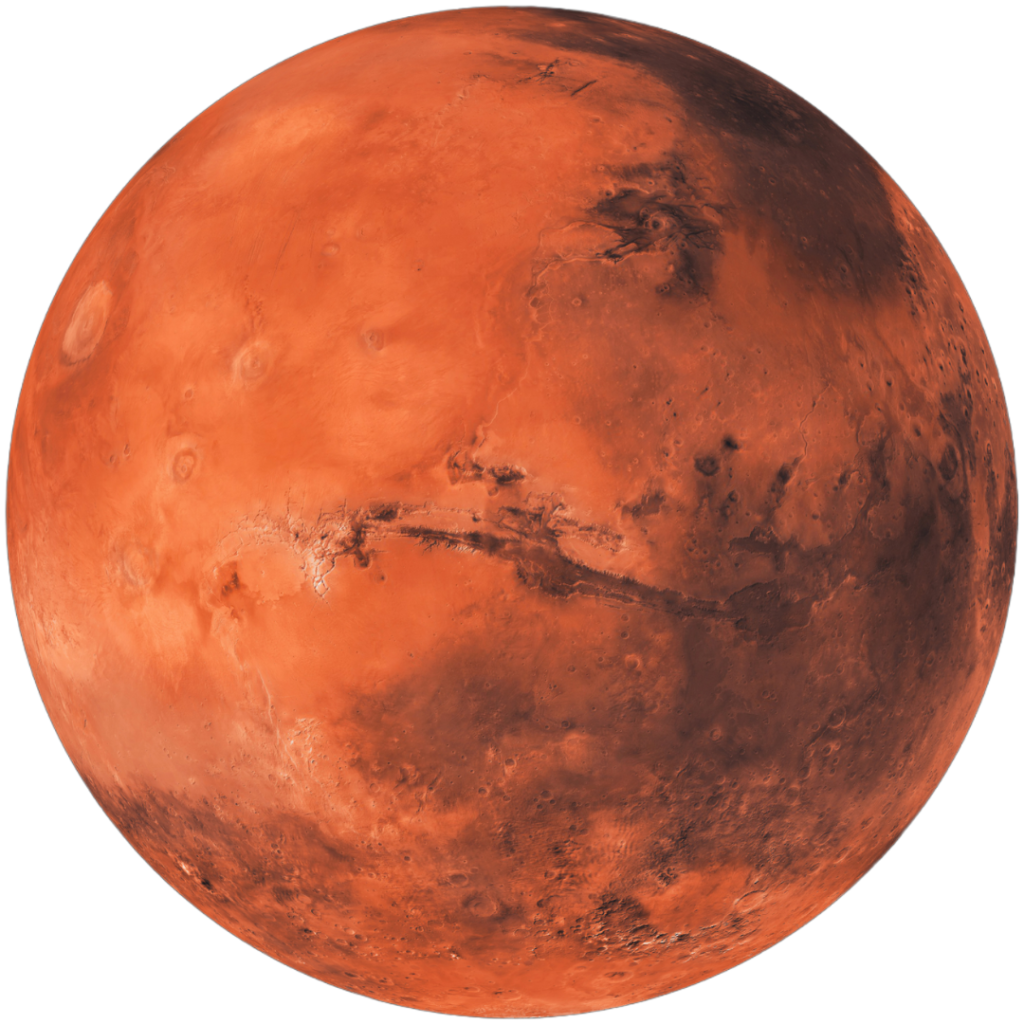
Organized by
2025 MELiSSA Conference - 8th edition
Welcome to the 2025 MELiSSA Conference!
The MELiSSA Consortium has curated an outstanding event centered on ‘Closed Life Support Systems.’ The 8th edition of the MELiSSA Conference will be held in Granada, Spain, from October 7th to October 9th 2025.
Granada, the historic city known for the ‘Alhambra’, a Moorish palace known for its splendor and its advanced water systems. This year’s program is set to be particularly exciting, with a focus on interaction. Don’t miss this unique chance to engage with international experts in both fundamental and applied research for space and Earth applications.
The conference will emphasize and enhance collaboration between researchers, engineers, specialists, and organizations from both the public and private sectors. All key domains—air, water, waste recycling, food production, modeling, control, safety, circular systems, education, and societal impact—will be represented.
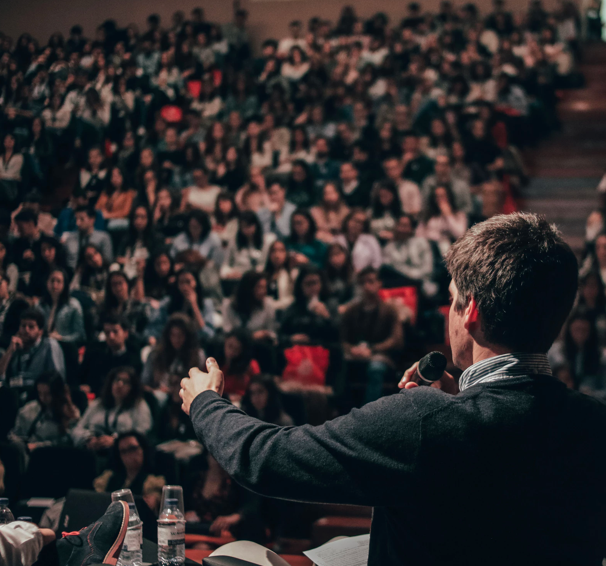
Listen to international experts from the worlds of academia and industry.
It will be a unique opportunity to listen to international experts from the worlds of academia and industry.
The 2022 edition of the MELiSSA Conference is a European platform focused on closed-life support systems. It is the place to share and exchange thoughts on fundamental and applied research for Space and Earth applications (e.g. circular economy). All the respective domains: air, water, waste recycling, food production and preparation, modelling, control, safety, circular systems, education and societal impact, … are represented.
The Conference will highlight and foster the collaboration between researchers, engineers, experts, private and public organizations.

Hybrid conference: in-person & virtual event!
The 2025 MELiSSA Conference offers you the best of both worlds!
The conference offers both an in-person event in Granada, Spain, and an online option. Whichever you choose, you will enjoy a unique experience and have the chance to connect with inspiring individuals from the space and terrestrial sector.
Hybrid conference: in-person & virtual event!
The 2025 MELiSSA Conference offers you the best of both worlds!
The conference offers both an in-person event in Granada, Spain, and an online option. Whichever you choose, you will enjoy a unique experience and have the chance to connect with inspiring individuals from the space and terrestrial sector.
Scientific Sessions
Take a look at the various topics that will be highlighted during the Conference.
1. Eating and breathing in Space
1.1. Air revitalization
Event description
Maintaining a breathable atmosphere is one of the most critical challenges in space missions, where closed-loop systems must efficiently recycle air and remove contaminants to ensure the health and well-being of the crew. As space missions extend in duration and complexity, the development of robust air revitalization systems becomes increasingly essential. These systems must not only capture carbon dioxide (CO₂) produced by crew respiration and generate oxygen, but also manage trace gases that can accumulate in closed environments. This session will explore the latest research, and technological innovations related to air revitalization, focusing on the integration of biological, chemical, and physical technologies for effective and reliable air management in space.
This session welcomes presentations on topics including, but not limited to:
- CO₂ capture technologies and their integration in life support systems.
- Biological physical and chemicalmethods for air purification and oxygen generation.
- The role of microbial and plant-based systems in air revitalization.
- Trace contaminants monitoring and control in closed air loop
- Effects of space environment factors (e.g., microgravity, radiation) on air revitalization processes.
- Challenges of long-duration missions in maintaining air quality.
- The development and testing of closed-loop air management systems.
- Terrestrial applications of space air revitalization technologies.
1.2. Plant Characterization: from genetics to space environment
Event description
Plants are integral food production systems in deep space missions. Understanding plant responses to the various stressors of the space environment, from the genomic to the phenotypic level, is crucial. Additionally, candidate species must be fully characterized.
This session welcomes presentations on topics including, but not limited to:
- Plant selection and breeding optimization for extended space missions
- Role of microbiomes in plant health and growth in closed environments, including the complexities of these interactions in space
- Plant fertilizer sources in closed-loop systems, including the use of human urine.
- Changes in plant nutritional content in response to space conditions.
- Plant responses to ionizing radiation, reduced gravity, absence of magnetic fields, and reduced pressure.
- The effects of environmental factors (e.g., light, temperature) on plant growth and development.
- Tests and comparisons of various growing systems and techniques.
1.3. On-board food production and preparation for long-duration space missions
Event description:
On-board food production and preparation is a crucial element for successful long-duration space missions. As deep space exploration becomes increasingly realistic, sustainable and efficient food systems are paramount for astronaut health and mission success. This session will explore the complexities and innovations in producing and preparing food in the unique environment of space vehicles.
We look forward to a stimulating exchange of ideas and research findings that will advance our understanding of on-board food production and pave the way for sustainable and nutritious food systems for future space explorers.
This session welcomes presentations on topics including, but not limited to:
- Microgravity effects: impact of microgravity onon-board food production, , food quality, taste, and shelf life, along with mitigation strategies.
- Space radiation effects: impact on food quality and safety, and mitigation strategies.
- Microorganisms in food production: role of microorganisms (fermentation, probiotics) in food production and preparation.
- Novel food products & recipes: development of new food products and recipes, including alternative protein sources (algae, insects) and 3D printing.
- Innovative techniques tailored for space missions, including food processing safety aspects as well as packaging innovations for safety and waste reduction.
- Psychological & sociological aspects of food: importance of mealtime, food culture, and social aspects of food consumption for astronaut well-being.
- Nutritional optimization: optimizing space-based food production to meet astronaut dietary needs.
- Space food system resource management: waste recycling and resource management within space food.
- Automated & robotic systems: integration of automated and robotic systems in space agriculture and food preparation.
- Terrestrial applications of sustainable food production technologies
2. Valorising waste, recovering water and drinking in Space
Event description:
Waste management, recycling, and valorization are critical components of sustainable space missions, as they address the challenges posed by limited resources, long mission durations, and the need to maintain a closed-loop ecosystem while preserving the crew’s health. In space, where resupply is costly and impractical, effective waste management ensures that valuable resources like water, carbon, water, etc. are conserved and reused. These resources can also be transformed into supplies needed during a mission, such as (bio)materials for (bio)manufacturing or construction, reducing the dependency on Earth-based resupplies. Together, these processes are essential for creating self-sufficient space habitats, enabling deep space exploration, and supporting long-term human presence on other planets. Besides space exploration, some of these technologies have interesting terrestrial applications, enabling the transition to a more sustainable society.
This session welcomes presentations on topics including, but not limited to:
- (Innovative) waste management approaches for short and extended space missions or other closed-loop systems such as isolated bases, vessels, etc.
- Innovative approaches for mass and volume reduction.
- Safe waste management, avoiding microbial contamination/proliferation via e.g. inhibition technologies.
- Waste conversions in life-support systems, including biochemical, thermochemical and physicochemical approaches.
- Resource recovery, recycling and reuse.
- Waste management in the context of in-situ resource utilization and production of (bio)materials for space missions.
- Use of waste management, recycling and/or valorization forterrestrial applications.
Event description:
On space missions wastewater streams become important resources. Various liquid waste streams need to be collected and treated to recover and reuse water and nutrients. Examples for liquid waste streams are greywater, urine and condensate.
This session welcomes presentations on topics including, but not limited to:
- Collection of liquid waste streams
- Water recovery technologies
- Nutrient recovery technologies
- Removal of pollutants such as pharmaceuticals
- Horticultural suitability of recovered fertilizers
- Human health issues
- Techno-economic assessment and mass and energy balances
Event description:
Drinking in space must ensure that astronauts stay hydrated and healthy while overcoming challenges of microgravity and the limited resources available. As microgravity causes fluid in the body to shift upwards, which can potentially lead to dehydration and other health issues, water intake protocols are needed that avoid the risk of dehydration (or overhydration). Water is the primary beverage on the ISS, but astronauts also have a variety of options, including flavored drinks like juice, tea, and coffee. Powdered drinks are developed that can be rehydrated with water in space. Special attention must be given to packaging to ensure that liquids can be consumed easily and without contamination in microgravity. Moreover, delivery systems are needed that allow astronauts to safely drink water without spilling.
From hydration strategies to the role of beverages in long-term space missions, this session will explore every facet of liquid consumption and calls for contributions on topics including:
- Hydration and water and fluids processing by the body in microgravity
- Innovations in beverage technologies from packaging to consumption and delivery methods
- Liquid behavior in microgravity environments
- Technological solutions for potable water production on space stations and beyond
- Nutritional and psychological role of beverages in long-duration missions
- Ethical considerations, significance and safety issues related to the use of alcohol in space
- Future visions for drinking on Mars and beyond
3. Paving the path to circular systems for Space and Earth
Event description
LSS are critical and complex systems in that they require mastery of several fields, including biology, chemistry and physics. The design and evaluation of these systems require a global approach to ensure coordination of the whole, with the aim of supporting human life over a relatively long period. The use of system architecture methods and tools, in particular modeling and simulation, is a definite help. It is also necessary to study the benefits of new technologies such as artificial intelligence and digital twins.
This session welcomes presentations on topics including, but not limited to:
- Multi-criteria evaluation of LSS with, in particular, mass-energy balance, crew time (for operation and maintenance), safety, reliability and sustainability.
- Global or partial modelling of the LSS based on mechanistic models of the various technologies and the physical connection network.
- LSS management and control strategy to ensure performance and reliability of main functions: oxygen, water and food supply.
- Safety analysis and diagnostic methods for maintaining critical LSS functions in operational condition.
- Use of artificial intelligence to complement knowledge models.
- Use of digital twins to optimize LSS operation and maintenance.
Event description:
Long-duration space missions necessitate robust life support systems that operate autonomously in the harsh and isolated environment of space. Space demonstrators serve as testbeds for novel technologies, allowing us to validate concepts, assess performance, and refine designs under conditions that simulate the rigors of space travel. These demonstrations play a pivotal role in bridging the gap between theoretical concepts and practical implementation. Ground analogues, on the other hand, provide invaluable insights by simulating aspects of the space environment here on Earth. From gravity and radiation test platforms, over closed-loop life support pilot systems to isolated habitats and extreme environments, these terrestrial analogues offer a controlled setting for testing, experimentation, and validation of life support technologies. By studying biology and process dynamics, resource management, and human interactions in these analogues, we gain a deeper understanding of the complexities involved in creating self-sustaining environments for space exploration. In this session, we will explore the latest advancements, challenges, and opportunities for space demonstrators and ground analogues aimed at enhancing the resilience, efficiency, and sustainability of life support systems for extended human missions beyond Earth.
This session welcomes presentations on topics including, but not limited to:
- Biological specimen selection: selection and breeding of optimised biology for spaceflight conditions, including strains robust to dormancy and reactivation procedures and cosmic radiation, strains with optimised safety, resilience, and performance in flight hardware.
- Microgravity adaptation: understanding and mitigation of impact of microgravity on fluid behaviour, gas exchange, nutrient distribution, and microbial behaviour in space; adaptation of biology and systems to work under microgravity, or moon or mars gravity; simulation and test facilities to replicate microgravity conditions on earth.
- Impact of Cosmic Radiation: understanding and mitigation of impact of cosmic radiation in LEO, Moon, Mars transit and surface; ground analogue testing and simulation radiation facilities
- Space compatible cultivation and analysis systems: methods and techniques compatible with microgravity and the energy, mass and volume constraints in space, intensification of processes, miniaturization of hardware, lightweight solutions allowing mass reduction, analytic procedures for minimal sample volumes, reusable onboard facilities for cultivation and analytics.
- Remote operation: design for hardware autonomy reducing the need for crew interaction; design for easy maintenance, repair, and replacement of components in space; sensor technologies and control algorithms for accurate remote monitoring and control in space, efficient telemetry for data communication and commanding.
- Terrestrial analogues: applications of ground analogues for simulating and advancing life support technologies, upscaling of short and small size pilot tests to larger volume and longer time scales, comparison of results from ground-based analogues with actual space conditions.
- Space BioTechnology readiness level: which technologies have been tested in space, lessons learned from past space biotechnology demonstrations, concepts for individual subsystems testing and integration of multiple processes on spacecraft or space stations.
- Collaborative efforts: partnerships for space technology demonstrations and ground analogue research; facility, knowledge, data and sample sharing; opportunities for joint missions and shared resources in manned space missions
Event description:
Although space and terrestrial research have very different constraints, recent years have shown significant synergies between the development of life support systems for Space and some of the most relevant challenges of the terrestrial industry, particularly in the field of circular economy and bioeconomy.
This session will explore how space-origin solutions developed for life support systems in recent decades, whether technological or theoretical (models), can contribute to addressing some of these challenges by establishing optimized and functional circular economy schemes, as well as for the intensification and control of bioprocesses. All sectors will be considered, like waste treatment industry, sustainable agriculture and buildings, green chemistry and bio-based products development, nutraceutical production for human health…
This session welcomes presentations on topics including, but not limited to:
- Circular economy approaches for the recovery of water, waste, and nutrients: circular system design methodology, circular waste and wastewater management, circular urine management, circular food management and waste to food processes…
- Biomass production and processing: advancements in biocontrol and plant biostimulation, microalgal biomass production, photo and bioreactor engineering, modeling and advanced-control of bioreactors and integrated systems, and the management of complex microbial communities.
- New bio-based products development: use of new bioresources (i.e. micro-organisms, microalgae and algae, micro-greens) for food, nutraceutical and chemistry, integration of transformations processes into circular economy systems, food safety, urine and waste to food products
Key speakers
These are the faces that you will have the privilege to meet. Inspiring speakers from the space sector and beyond.
Chloé Audas
Iulian-Zoltan Boboescu
Marta Del Bianco
Juan Carlos Cortés
Michael T. Flynn
Martin Hartmann
Hui Liu
Robert Lindner
Cesare Lobascio
Géraldine Naja
Marc Obéron
Sonia Palomo
Martin Persson
Dietmar Pilz
Benoît Pouffary
Eva Reynaert
Angelo Vermeulen
Heather Wray
Key speakers
These are the faces that you will have the privilege to meet. Inspiring speakers from the space sector and beyond.
Didier Schmitt
Our program
Discover now our program for the 3 days!
The detailed program is coming soon
Scientific Committee
- Chloé Audas (ESA)
- Brigitte Lamaze (ESA)
- Dr. Sandra Ortega Ugalde (ESA)
- Christel Paillé (ESA)
- Prof. Claude-Gilles Dussap (MELiSSA Foundation)
- Dr. Heleen de Wever (VITO)
- Rob Suters LLM (IPStar B.V.)
- Prof. Céline Laroche (Université Clermont Auvergne)
- Prof. Francesc Godia (Universitat Autònoma de Barcelona)
- Dr. Nele Ameloot (University of Ghent)
- Prof. Natalie Leys (SCK CEN)
- Philippe Fiani (Sherpa Engineering S.A.)
- Prof. Ruddy Wattiez (University of Mons)
- Lorenzo Bucchieri (EnginSoft S.p.A.)
- Prof. Stefania de Pascale (University of Naples Federico II)
- Prof. Siegfried Vlaeminck (University of Antwerp)
- Dr. Ann-Iren Kittang Jost (NTNU Samfunnsforskning AS)
- Prof. Kai Udert (EAWAG)
- Prof. Jéremy Pruvost (Nantes University)
A conference organized by the MELiSSA Consortium
- European Space Agency
- MELiSSA Foundation
- VITO N.V.
- IPStar B.V.
- Université Clermont Auvergne
- Universitat Autònoma de Barcelona
- Ghent University
- SCK CEN
- Sherpa Engineering S.A.
- University of Mons
- EnginSoft S.p.A.
- University of Naples Federico II
- University of Antwerp
- NTNU Samfunnsforskning AS
- EAWAG
- Nantes University
Schedule and deadlines
08/10/2024
Opening oral and poster abstract call
26/05/2025
Closure of abstract submission
16/06/2025
Notification of acceptance
27/06/2025
Early Bird deadline
06/10/2025
Closure of registration

